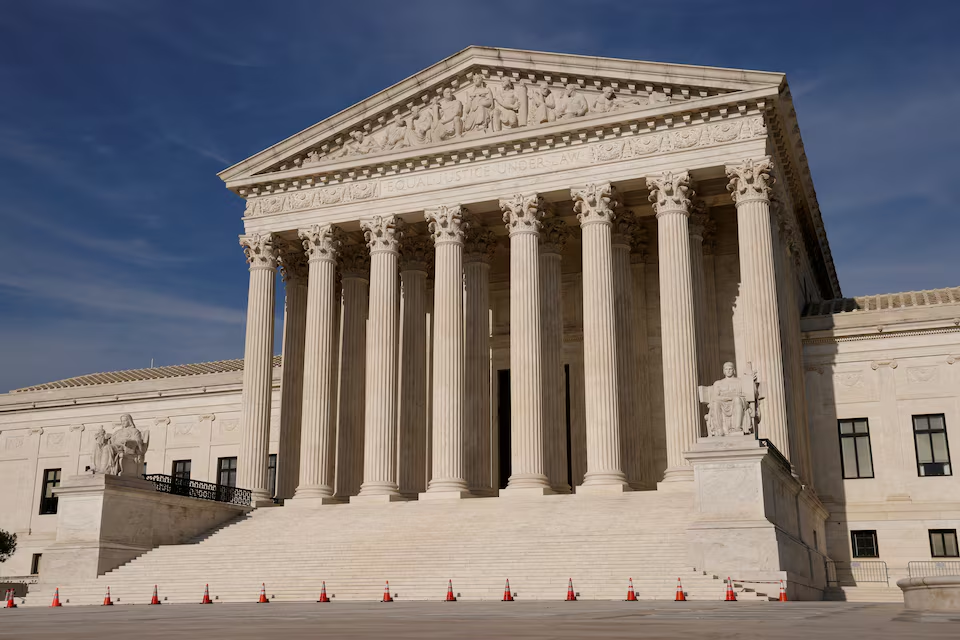On October 3, 2024, the Ohio Eighth Appellate District granted the appellee’s motion to dismiss an appeal, ruling that an order compelling arbitration and staying a case under the Federal Arbitration Act (FAA) is not a final, appealable order.
Case Background:
In the case of Beard, the buyers involved in a retail installment sales contract filed claims against both the car dealership from which they purchased a vehicle and the indirect auto finance company that ultimately financed the purchase. The finance company responded by filing a motion to compel arbitration and stay the case, in line with an arbitration agreement that the buyers had agreed to. The arbitration agreement explicitly stated that the FAA, not state law, governed the agreement: “It is expressly agreed that this Contract evidences a transaction in interstate commerce. This Arbitration Clause is governed by the FAA and not by any state arbitration law.”
The buyers opposed the motion but did not challenge the applicability of the FAA. The trial court granted the motion to compel arbitration and stayed the case, prompting the buyers to appeal the decision. Before the merits of the appeal were addressed, the auto finance company moved to dismiss the appeal, arguing that the order compelling arbitration and staying the case was not a final, appealable order under both the FAA and Supreme Court precedent. The buyers, however, contended that Ohio’s Arbitration Act, not the FAA, governed the appeal and permitted appeals of orders compelling arbitration and staying the case.
Court’s Decision:
The Eighth Appellate District rejected the buyers’ arguments and dismissed the appeal. The court emphasized that the FAA does not provide for the appeal of an interlocutory order that grants a motion to compel arbitration. Specifically, the court noted:
“The FAA does not provide for an appeal of an interlocutory order granting a motion compelling arbitration. The trial court’s order in this case was not a final order. Further, we find no merit to appellants’ argument that the FAA does not preempt Ohio’s arbitration statute, and we should therefore rely on R.C. 2711.02(C) to determine whether a final, appealable order exists. The arbitration agreement specifically stated that it was ‘governed by the FAA and not by any state arbitration law.’ Appellants do not argue otherwise. We cannot disregard the provisions of the FAA when it is clear that Ohio’s arbitration statute is not applicable to this matter.”
[Credit Acceptance Corp. v. Beard, 2024-Ohio-4799, ¶ 13 (8th Dist.)]
This decision aligns with the plain language of the FAA and recent Supreme Court rulings. In Smith v. Spizzirri, 601 U.S. 472 (2024), the Court reaffirmed that when a court compels arbitration, Congress intended that such orders are not immediately appealable unless the district court certifies a controlling question of law under 28 U.S.C. § 1292(b). This legislative decision reflects the FAA’s goal to expedite the arbitration process and avoid prolonged court proceedings.
The Takeaway:
The Beard case underscores the significance of clearly identifying the governing law in arbitration agreements. Moreover, the decision demonstrates how the FAA applies to both state and federal courts and how prevailing parties can leverage its provisions to ensure swift movement from court to arbitration, without the delays of an extensive appeals process.








